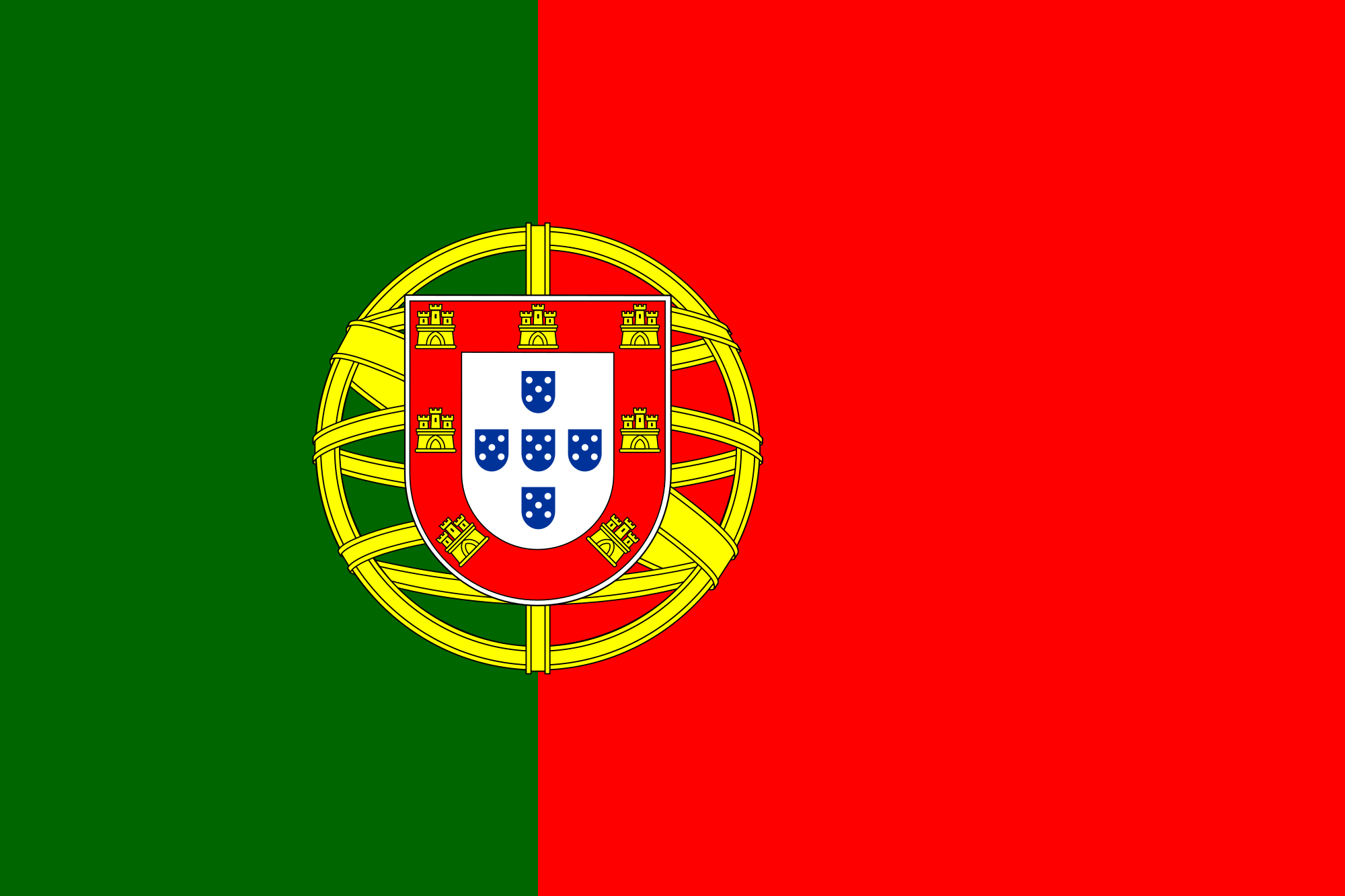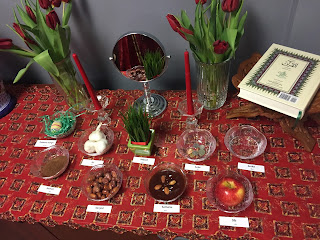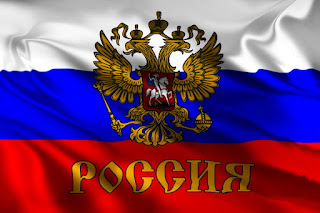 Today, May 5, is the International Day of Portuguese
Language and Culture. This day is designed to celebrate the cultural diversity
and richness of the countries who speak Portuguese, and are all unified under a
dialect of the language.
Today, May 5, is the International Day of Portuguese
Language and Culture. This day is designed to celebrate the cultural diversity
and richness of the countries who speak Portuguese, and are all unified under a
dialect of the language.
According to the United Nations, Portuguese is spoken by an
estimated 250 million people worldwide, throughout nine countries, and four
continents. The countries that utilize Portuguese as its official language,
are:
- Angola
- Brazil
- Cabo Verde
- Equatorial Guinea
- Guinea-Bissau
- Mozambique
- Portugal
- São Tomé and Príncipe
- Timor-Leste
In addition to being spoken colloquially by millions of
people, Portuguese is also widely used in diplomacy, as the official language
of several international organizations, including:
- The Commune of Portuguese Speaking Nations of the UN (CPLP)
- The Organization of The Cooperative Treatment of the Amazon
- The Latin American Association of Integration
- The African Union
- The Commune of Latin American and Caribbean States
- The Common Market of Africa and Australia
- The European Union
- The Latin Union
Portuguese is also a diverse language within itself, with
several dialects and pronunciations spread throughout its rich landscape. Happy
International Portuguese Language and Culture day, to all of the passionate
Lusophones out there!
This article was written by Andrea L., LAMP Portuguese Interpreter.







